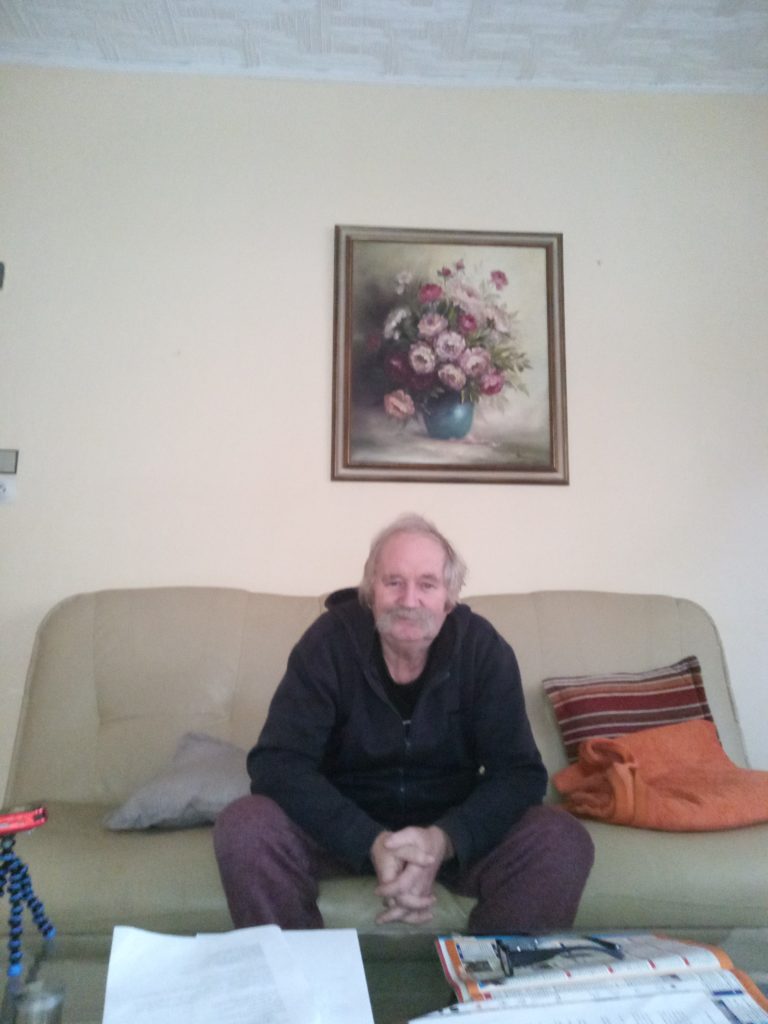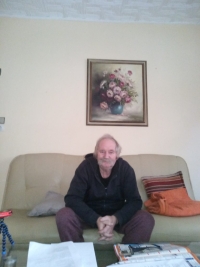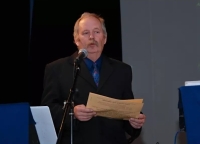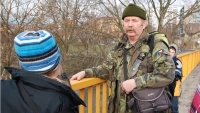In the footsteps of the vanished villages of the Doupové hory

Download image
Cyril Hauptmann was born on 9 November 1954 in Kadaň. He lived in the small village of Vintířov until he was almost 13, when his family moved to Kadaň. Mum worked on the farm and dad worked as a locksmith and car mechanic. He trained as a salesman. But after military service he worked as a driver in a mine. He had been tramping with his friends since childhood and got to know his native land well. He participated in the founding of the Club of Friends of Kadaň, the children’s hiking club Hraničář and organised trips of the original inhabitants of the extinct villages in the military area of Hradiště in the Doupovské hory. Cyril Hauptmann has two sons. Nowadays (2021) he continues to care for the historical heritage of the landscape of western Bohemia.


